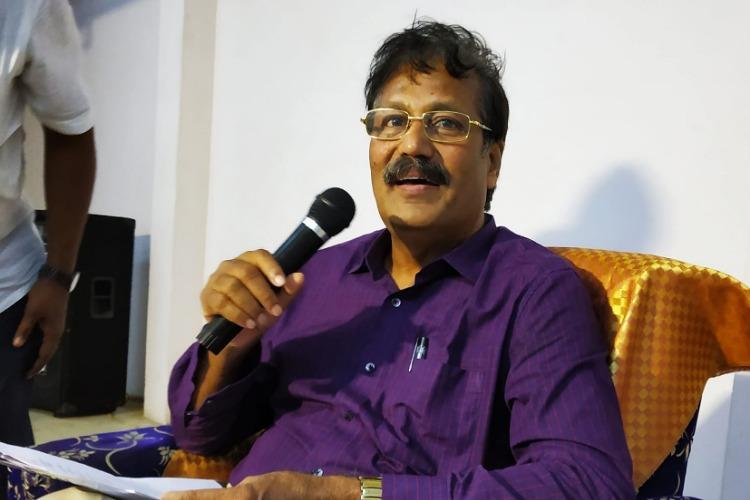Last week, seven communities of Tamil Nadu who were earlier categorized as Scheduled Castes (SC) and have different names, were re-categorized under a common name called Devendrakula Vellalar. And, more importantly, this community now wants to exit from SC list and re-categorized as MBC (Most Backward Caste) which is a part of OBC list.
Therefore, this is a community which wants to exit from SC list and wants to enter in OBC list voluntarily, because it has moved up in the socio-economic hierarchy. This is a monumental change in the mindset of castes, which for the last few decades, continues to demand categorization under the lower category because it offers more benefits.
Chief Minister Edappadi K. Palaniswami, while addressing the press in Sivaganga said, “A committee was formed under IAS Hansraj in 2019 to review the demand for bringing the seven caste groups under the roof of Devendrakula Vellalar. It was recommended to the government that Devendrakulathan, Kudumban, Pannadi, Kaalaadi, Kadayan, Pallan and Patharia all the seven caste groups should be called as Devendrakulla Vellalars.”
“Accepting the findings of the committee, the state government will recommend to the Union government to bring the seven caste groups under Devendrakulla Vellalar. Even if they will be called as Devendrakulla Vellalar, considering the socio-economic status, they will continue to be placed under the Scheduled Caste list,” he said.
Although the Tamil Nadu government has not accepted the demand to move the community into the MBC list, this serves as a lesson for the many castes which have moved up in the socio-economic hierarchy but continue to be placed among reserved castes- depriving the benefits to others who actually deserve that.
For example, Yadavs can demand to be moved in the General list from OBC list, because this will give better opportunities to Koeri, Kewat and many other castes in the OBC list who are actually deprived and deserve reservation. Similarly, Jatavs can demand to be moved to OBC list from SC list, as this will give other castes in the SC list better access to benefits.
Read more: “Warriors have no caste except patriotism and honor”, Ajay Devgn wins hearts again
If this reverse trend starts, the benefits of the reservation will actually reach to the intended castes and the race to the bottom to be placed among lower castes will decline.
Previously, the Union Government had formed a panel in October 2017 to bridge the inequity in availing 27 per cent quota benefits among OBCs. The commission was expected to submit its report within 12 weeks but it has got an extension after extension. The last extension provided to the panel was of six months, as its work has been affected by the pandemic.
As per preliminary findings of the report, just 40 of 5,000-6,000 castes categorized under Other Backward Classes (OBCs) have availed 50 per cent of the quota benefits. OBC quota was implemented in government jobs and central government-funded educational institutions in 2006 by the Centre in 1993.
According to the panel’s findings, 20 per cent of the OBC communities, which means around 1,000 castes, availed no quota benefits between 2014 and 2018. According to members of the panel, sub-categorization of OBC quota is “urgent and inescapable”, given the level of inequities in availing quota benefits among various castes.
The OBC quota, passed by the VP Singh government in 1989 and implemented in 1993, altered the Indian politics forever. The OBC groups came to power in UP, Bihar and various other states. But, Yadav in OBC, Jatav in SC, and Meena in ST- these groups acquired political, social and economic capital, riding on newly implemented quota system while leaving other castes in the same group miles behind.
Therefore, re-categorization needs to be done. Moreover, the change must not only come from the government diktat but from within the communities which have moved upwards in the socio-economic ladder, like in the case of Devendrakula Vellalar.
